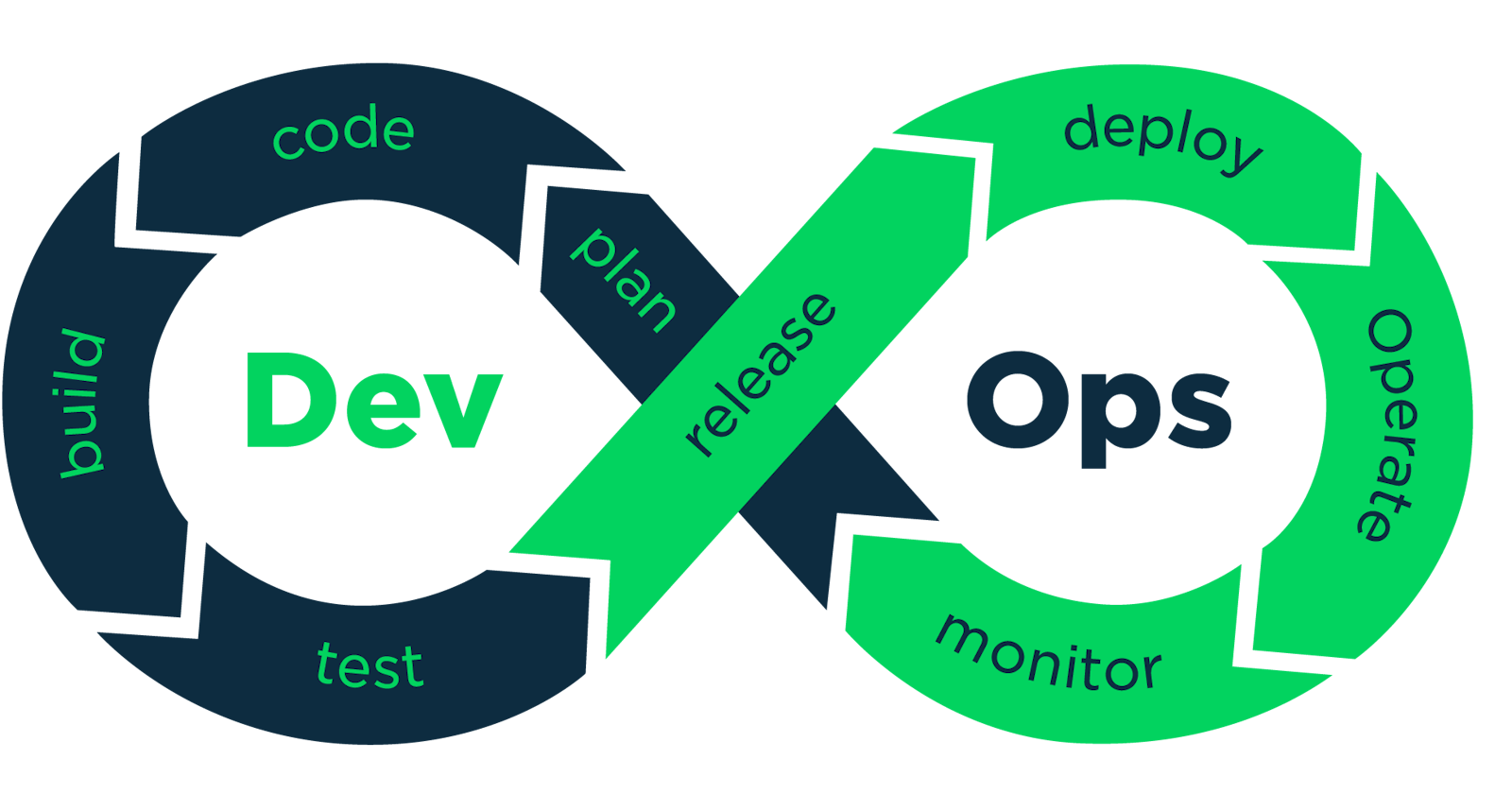Table of contents
No headings in the article.
Definition: DevOps is a software development approach that combines the practices of software development (Dev) with IT operations (Ops).
Goal: The goal of DevOps is to create a culture and environment where software development and operations teams work together seamlessly, with a shared goal of delivering high-quality software products quickly and efficiently.
Principles: Some key principles of DevOps include continuous integration (CI), continuous delivery (CD), and continuous deployment (CD).
Continuous Integration (CI): Involves integrating code changes into a shared repository regularly and often, allowing for early detection of integration issues and faster feedback loops.
Continuous Delivery (CD): Is the process of delivering code changes to production environments, ensuring that software releases are reliable, predictable, and can be performed at any time.
Continuous Deployment (CD): Takes this a step further by automatically deploying code changes to production environments as soon as they are ready.
Collaboration: DevOps emphasizes the need for collaboration and communication between development and operations teams, breaking down silos, and encouraging cross-functional teams to work together towards common goals.
Automation: DevOps uses automation tools and processes to streamline software development and deployment, reducing errors and improving efficiency.
Culture shift: DevOps is a mindset and cultural shift in software development that emphasizes collaboration, communication, automation, and continuous improvement.
Benefits: By implementing DevOps practices, organizations can improve their software development processes, increase efficiency, and ultimately deliver better products to their customers.
